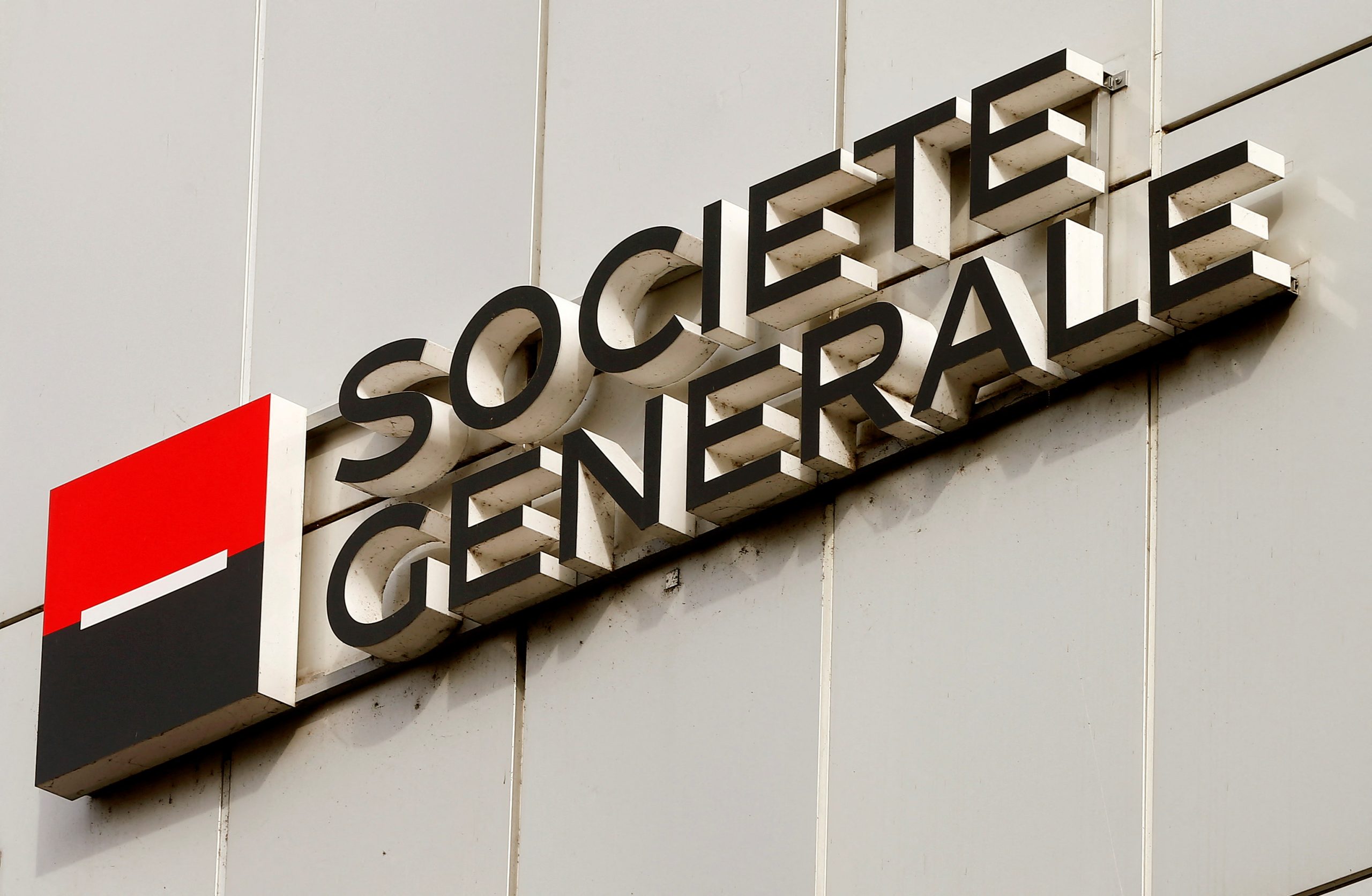French bank Societe Generale said it was working to cut its risks in Russia, fearing a tit-for-tat response by Moscow to Western sanctions, as more companies from vodka maker Diageo to IKEA suspended business in the country.
Brazilian plane-maker Embraer joined Airbus and Boeing in halting parts supplies to Russian airlines, while Lufthansa said it was considering rerouting cargo flights to Asia via Alaska to avoid Russian airspace.
“The war has both a huge human impact and is resulting in serious disruptions to supply chain and trading conditions, which is why the company groups have decided to temporarily pause IKEA operations in Russia,” IKEA said in a statement.
Broadening the spread of corporate responses, IKEA is also one of the first companies to halt business with Belarus, an ally of Russia that has played a supporting role in its invasion of Ukraine.
Spirits company Diageo, the maker of Smirnoff vodka and Guinness, said on Thursday said it had paused exports to Ukraine and Russia.
Norway’s $1.3 trillion wealth fund said its Russian assets, worth around $3 billion before the invasion, have now become effectively worthless.
The Norwegian government has ordered the fund to divest its Russian assets, which included big stakes in gas producer Gazprom, bank Sberbank and oil firm Lukoil
“They are pretty much written off,” CEO Nicolai Tangen told Reuters.
SANCTIONS RISKS
Underscoring the challenges global companies are facing as they comply with sanctions against Russia, Societe Generale said on Thursday it could see an “extreme scenario” where Russia strips the bank of its local operations. The lender has a $20 billion exposure to Russia.
Citigroup Inc said on Wednesday it could face billions of dollars in losses on its exposure to Russia and was looking to exit Russian assets. Bank shares have taken a drubbing in recent days amid fears of possible writedowns and weaker economies.
Western sanctions, including shutting out some Russian banks from the SWIFT global financial network, have led dozens of global companies to pause operations in the country, hammered the rouble and forced the central bank to jack up interest rates.
Britain said on Thursday it will ban Russian companies from the London insurance market, the world’s largest commercial and specialty insurance centre.
Fitch and Moody’s on Wednesday cut Russia’s sovereign credit rating by six notches to “junk” status, citing the crippling impact of sanctions on the economy.
Hundreds of Russian soldiers and Ukrainian civilians have been killed and more than one million people have fled Ukraine in the week since President Vladimir Putin ordered the attack.
Russia calls its actions in Ukraine a “special operation” that it says is not designed to occupy territory but to destroy its southern neighbour’s military capabilities and capture what it regards as dangerous nationalists.
SCRAMBLED SUPPLIES
With a shortage of components, more carmakers are halting production at their factories in Russia and some are also stopping exports into the country.
Russia’s biggest carmaker, Avtovaz – controlled by France’s Renault – said it would stop its Togliatti and Izhevsk plants on Saturday and from March 9 to 10 due to shortage of electronic components.
Nissan Motor Co <7201.T > said on Thursday it has suspended vehicle exports to Russia, while Japanese peer Toyota said it would halt production at its Russian factory from Friday and indefinitely stop vehicle exports to the country.
Supply chains, already disrupted by the pandemic, are facing more stress as airspace closures affect the air freight industry, and airlines responsible for moving around an estimated fifth of the world’s air cargo are affected by sanctions.
The world’s biggest shipping lines, MSC and Maersk have suspended container shipping to and from Russia, with Maersk saying food and medical supplies to Russia risk being damaged or spoiled due to delays at ports and customs.
FLIGHTS
Japan Airlines and ANA Holdings, which normally use Russian airspace for their Europe flights, said they would cancel all flights to and from Europe on Thursday, joining other carriers that have cancelled or rerouted flights between Europe and north Asia.
Finland’s flag carrier Finnair said it had started negotiations regarding possible furloughs among its flight crew after it had to scrap some of its flights following the closure of Russian airspace.
Germany’s Lufthansa said it could not provide a detailed outlook for 2022 due to the war in Ukraine and the pandemic.
Still, costs are likely to mount, with rerouting flights to avoid Russian air space increasing costs for the German carrier by a single-digit million-euro amount per month and making it consider shifting cargo flights to travel via Alaska.
Embraer has also suspended maintenance services and the sale of parts to Russian customers, following Boeing and Airbus SE. The European planemaker also said it was analysing whether its Moscow engineering centre could continue providing services to local customers.
(Reporting by Tassilo Hummel in Paris, Jamie Freed in Sydney, Gwladys Fouche in Oslo, Illona Wissenbach in Frankfurt, Anna Ringstrom in Stockholm, Richa Naidu in London; Additional reporting by Tim Hepher in Paris, Satoshi Sugiyama in Tokyo, Mehr Bedi in Bengaluru, Megan Davies in New York; Writing by Sayantani Ghosh and John Revill; Editing by Lincoln Feast, Simon Cameron-Moore, Tomasz Janowski and Frances Kerry)
